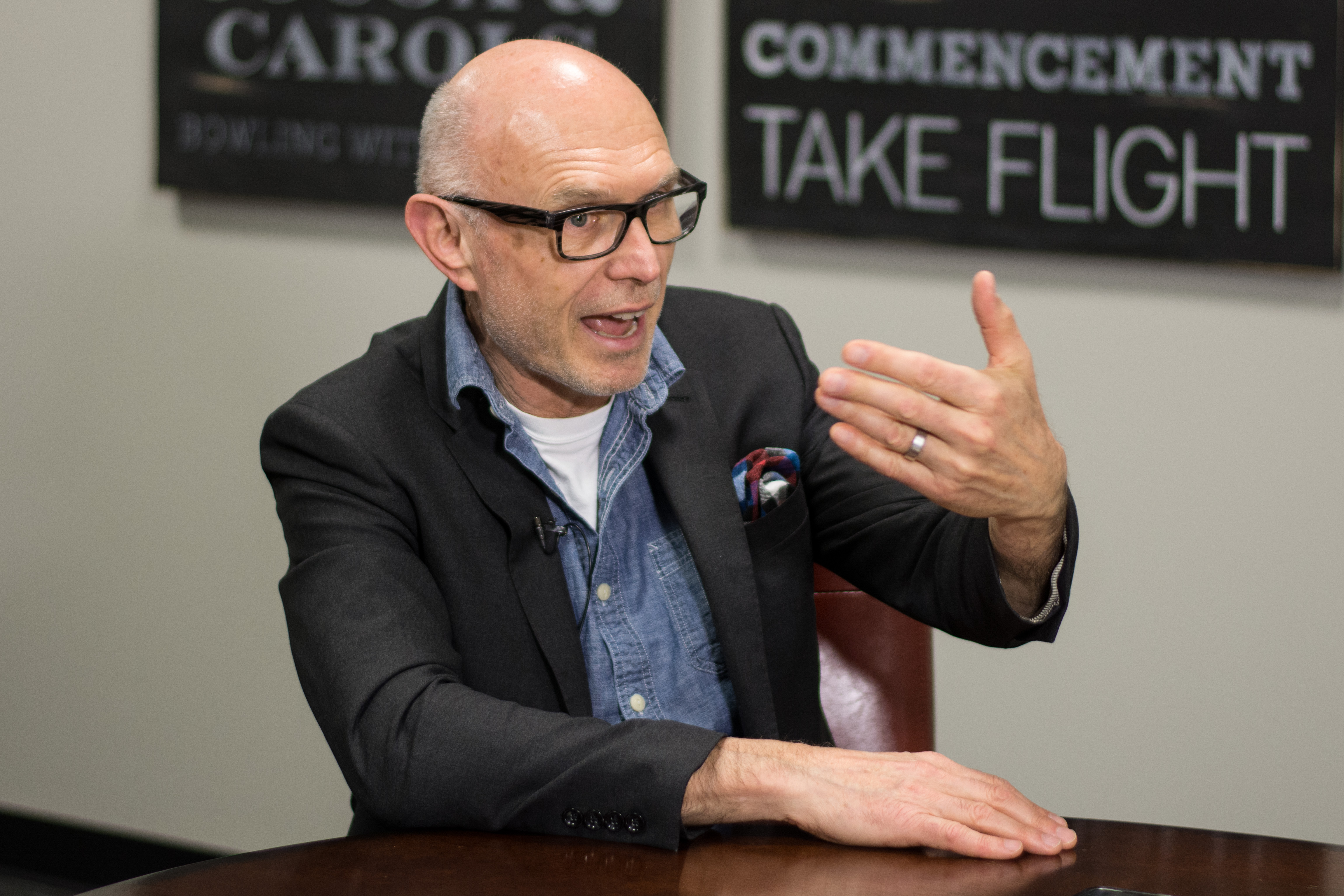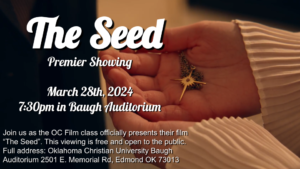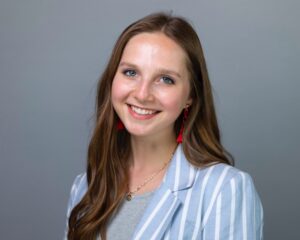Miroslav Volf, renowned scholar, author and theologian defended his book “Allah: A Christian Response” as the keynote speaker for Oklahoma Christian University’s McGaw Lecture Series on Tuesday night.
“I have come to the conclusion through studying Christian theological sources, that the object that which we worship is the same,” Volf said. “But we understand that object in significantly different ways. There is significant similarities and significant differences. My argument is yes, there is one God. But there are many differences.”
Volf’s invitation to campus, extended by New Testament professor John Harrison, was to participate in the annual McGraw Lectures. Harrison said Professor of Missions Bob Carpenter suggested Volf as the speaker for this year.
“The idea of self-giving, recognizing Jesus Christ as the model of self-giving and welcoming the other really sticks out to me,” Harrison said. “We are all human beings, and because of that we are to welcome one another.”
As the keynote speaker for the McGaw Lecture this year, Volf discussed the question, “Do Muslims and Christians serve the same God?”
“Whether we have been educated or not, it is wise for us to be open and humble to show some curiosity and to give the other person benefit of the doubt,” Volf said. “It seems to me that is one thing we learn in encounters with one another, we learn how little we know. Trust that the truth will come to light in the process of discussion.”
Volf said religions have placed their fear in other people, rather than its proper place.
“We fear one another, but we don’t fear God,” Volf said. “Absence of fear is the beginning of foolishness, which is then the beginning of violence.”
According to Volf, the similarities between the Quran and the Bible include recognition of one god, the recognized god is different from the world and that god created everything that is not god. Volf said the characteristics that were similar in the god of Muslim faith and the god of Christian faith were the ideas of justice and mercy.
Ultimately, Volf said the root of his books, research and beliefs is that Christians are called to love.
“It is not, as if it turns out that the Muslims and Christians serve different gods, that Christians would be relieved of having to love Muslims,” Volf said. “The only qualification someone needs to be our object is love is being a human being. We’d still have an obligation to love God.”
In relation to his book “Allah: A Christian Response” Volf said he wrote to express an idea he developed through research and personal experience.
“I started asking myself if what binds Muslims and Christians together is love of God and love of the neighbor, then are we asking if we mean the same thing of love and do we mean the same thing by neighbor,” Volf said. “That became a question for me.”
Volf said he researched in order to write a book that would shed light on an issue that many never thought was possible.
“For many years people weren’t excited about this question, especially since 9/11,” Volf said. “We don’t want commonalties with our enemies. If you say you worship the same God as Muslims, that causes a point of unity. It’s a genuine question from the Muslim and Christian side of things. I think it’s something to be taken seriously.”
Volf said he expected the response he received from all across the world.
“There is a broad section of responses,” Volf said. “There were some who made an argument about it and some who had questions about it. There was a minority of people who felt I betrayed Christianity. I understood. I was prepared for this.”
Born in Croatia, formerly Yugoslavia, Volf said that his upbringing was influential in forming his theological perspectives.
“It was not only my international background, but I also grew up in a communist society,” Volf said. “I was a quadruple minority. In political culture, we were oppressed. But I was also in the minority in the religious culture. My dad was a Pentecostal minister.… I think that has allowed me to see the world through different eyes.”
Sharing the story of his faith, Volf said his family played a vital role in his witnessing faith in the flesh.
“My upbringing allowed me to respect the plurality that is there,” Volf said. “I have had the great fortune to be raised seeing true joy, with family who actually lived joyfully their calling before God. This is something we need to rediscover. They were open to engaging and learning with others.”
At the conclusion of Volf’s lecture, three scholars joined him in an academic panel: Everett Huffard, Professor of Missions at Harding Graduate School of Theology; Imad Enchassi, Endowed Professor of Islamic Studies at Oklahoma City University and the Iman at Islamic Society of Greater Oklahoma City and Mohamed Daadaoui, Associate Professor of Political Science and author of Moroccan Monarchy and the Islamist Challenge. The three men shared their opinions, praises and critiques of “Allah: A Christian Response.”
“The world is not atheist, it is polytheist,” Huffard said. “Volf gives a public audience to what Muslims believe in a way Christians can understand it.”















Be First to Comment